He serves his party best who serves the country best
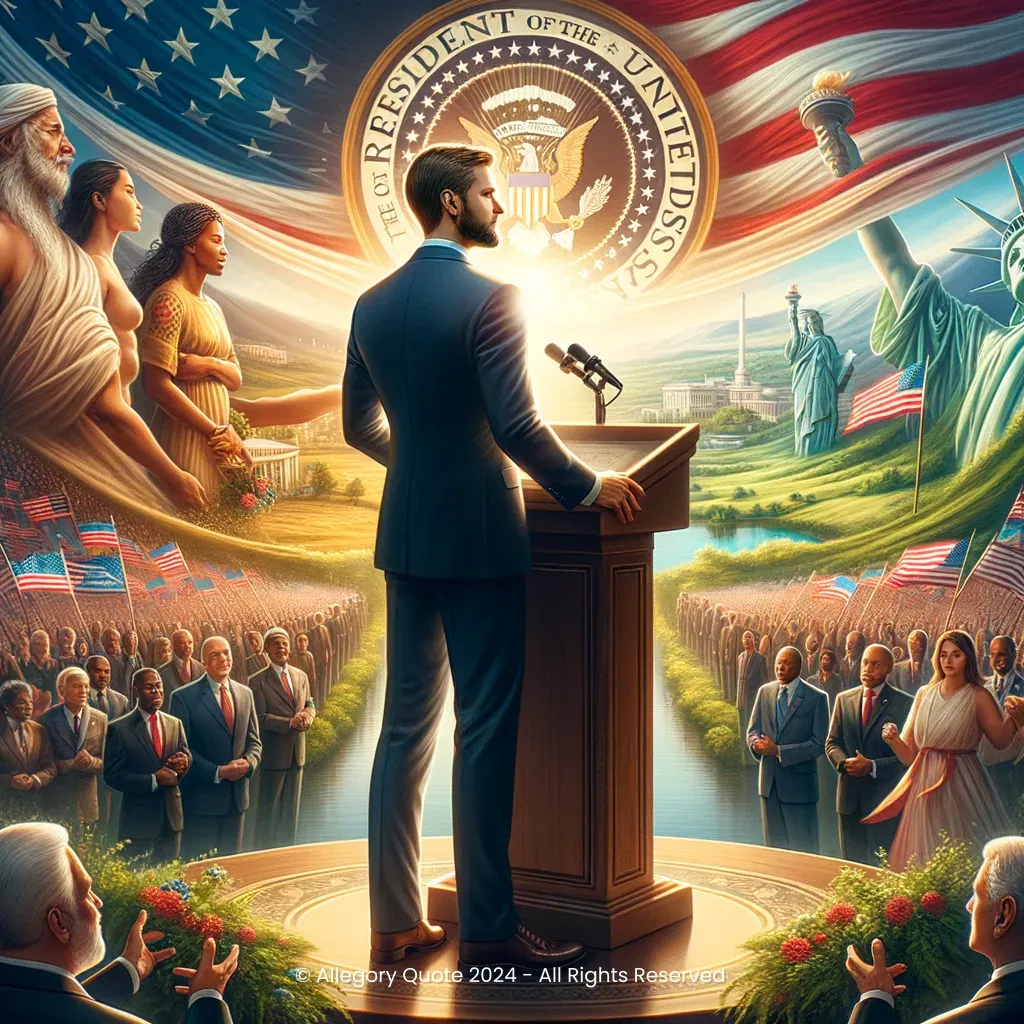
- Meaning
- This phrase suggests that the best way to advance the goals and prestige of one's political party is by prioritizing the well-being of the nation as a whole. It promotes the idea that true patriotism and effective leadership come from selfless service to the country rather than partisan interests. By ensuring that the nation's needs come first, a politician naturally enhances their party's reputation and success.
- Allegory
- The statesman at the podium represents leadership and dedication to public service. The backdrop of a united, thriving nation—with people of diverse backgrounds holding hands, lush landscapes, and flourishing cities—symbolizes the positive outcomes of prioritizing the national interest. The flag above signifies national pride and unity, while the soft, radiant light evokes hope and collective strength. The subtle inclusion of the statesman's party symbol indicates that while party allegiance is present, it is secondary to the commitment to the country. This juxtaposition emphasizes the phrase’s message that true party service is achieved through selfless national service.
- Applicability
- In personal life and governance, this phrase can be applied as a reminder to prioritize collective well-being over individual or group interests. If leaders, managers, and everyday citizens consider the broader impact of their actions on their community or nation, they contribute to a healthier, more cohesive society. It advocates for the principle of serving the greater good to achieve lasting and meaningful success.
- Impact
- This phrase has been frequently cited in political speeches and writings to argue for prioritizing national interest over party politics. It underscores the values of patriotism and public service, often invoked during times of national crisis when unity and a focus on the common good are paramount. It promotes the idea that a party's allegiance to the country strengthens its leadership and public trust.
- Historical Context
- Rutherford B. Hayes served as president at a time of significant reconstruction and reform in the United States, following the Civil War. This era, known as the Reconstruction Era, was marked by efforts to rebuild the country, address civil rights issues, and reintegrate the Southern states into the Union. Hayes’s phrase likely reflected the complex interplay between national unity and partisan politics during this period.
- Criticisms
- Criticisms of this phrase might argue that it presents an idealistic view of politics that is difficult to achieve in reality. Critics could contend that party interests often diverge significantly from the national interest, and balancing the two can be challenging. Additionally, in a highly polarized political environment, it may be difficult for leaders to gain agreement on what constitutes the "country's best" interest.
- Variations
- There are variations of this phrase that emphasize the broader idea of service to the nation over individual or partisan gain. Across different cultures, this notion can be interpreted similarly to proverbs that champion communal well-being and leadership's role in setting aside personal gain for collective progress.
-

A pound of pluck is worth a ton of luck.
-
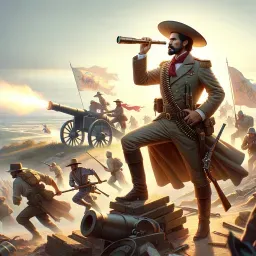
The art of war is simple enough. Find out where your enemy is. Get at him as soon as you can. Strike him as hard as you can, and keep moving on.
-

A public office is a public trust.
-
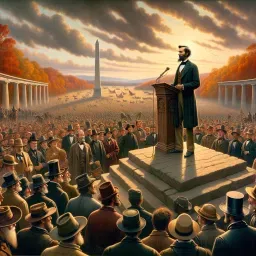
Fourscore and seven years ago our fathers brought forth on this continent, a new nation, conceived in Liberty, and dedicated to the proposition that all men are created equal.
-

Yesterday is not ours to recover, but tomorrow is ours to win or lose.
-

The goal to strive for is a poor government but a rich people.
-
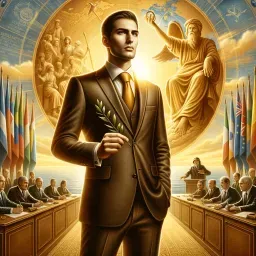
Speak softly and carry a big stick; you will go far.
-
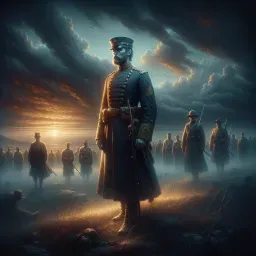
I have always done my duty. I am ready to die. My only regret is for the friends I leave behind me.
-

I may be president of the United States, but my private life is nobody's damn business.
-

What is right and what is practicable are two different things.
No Comments